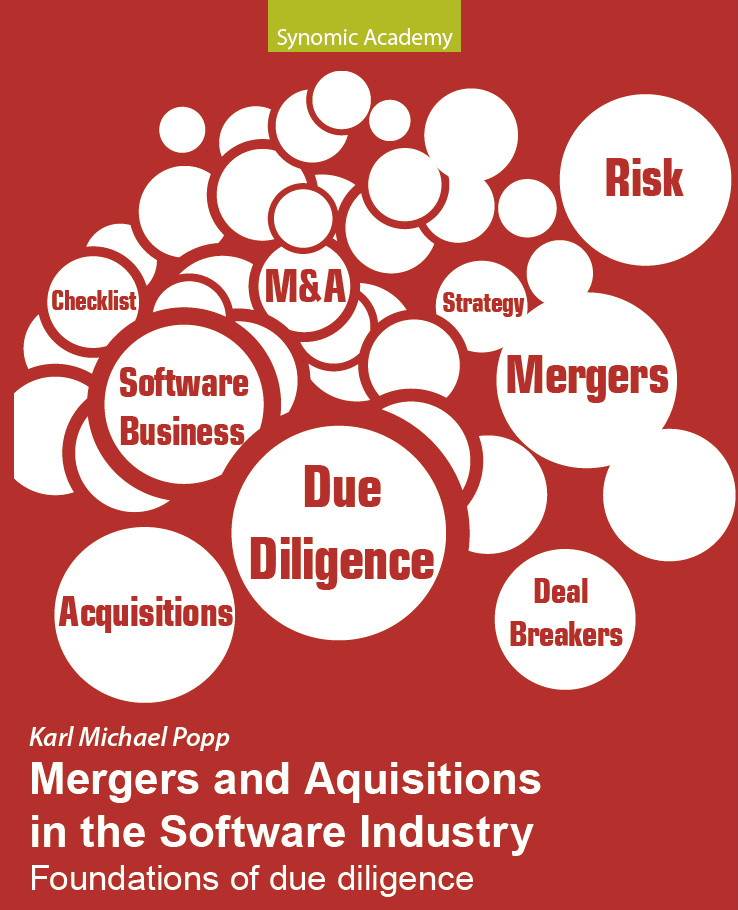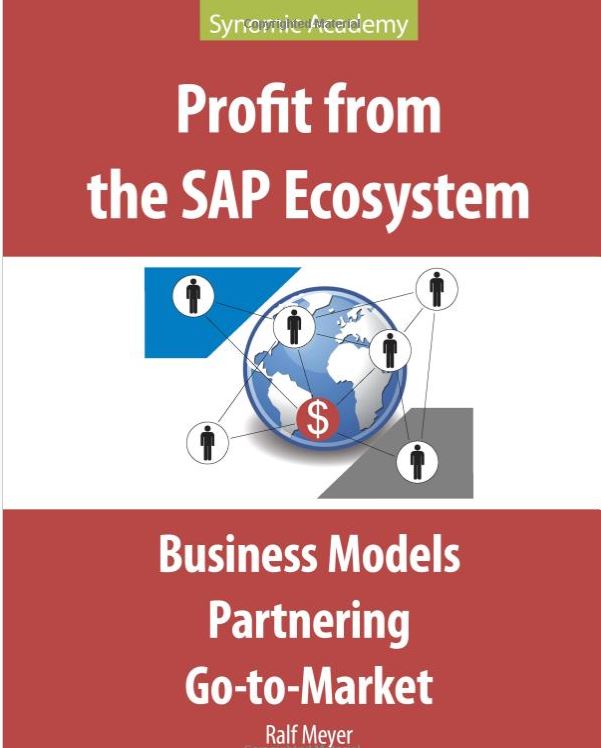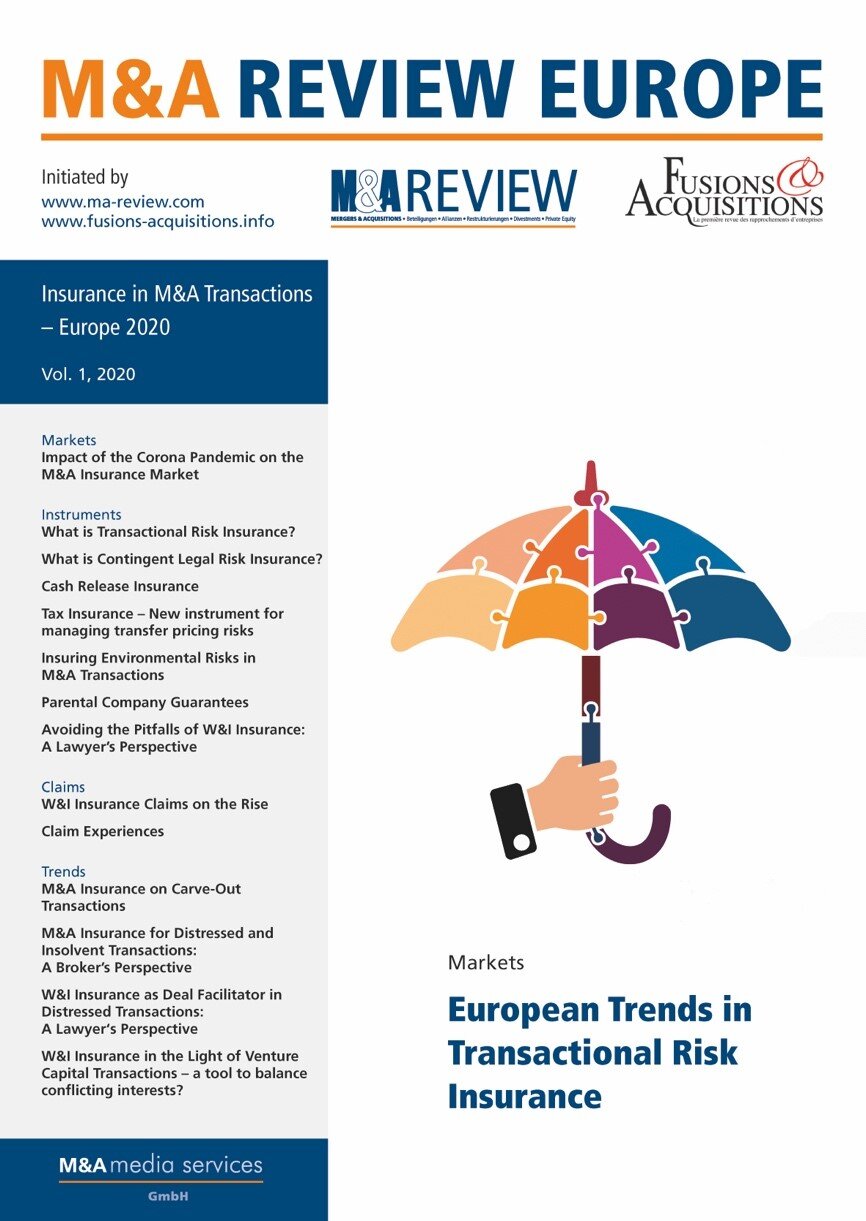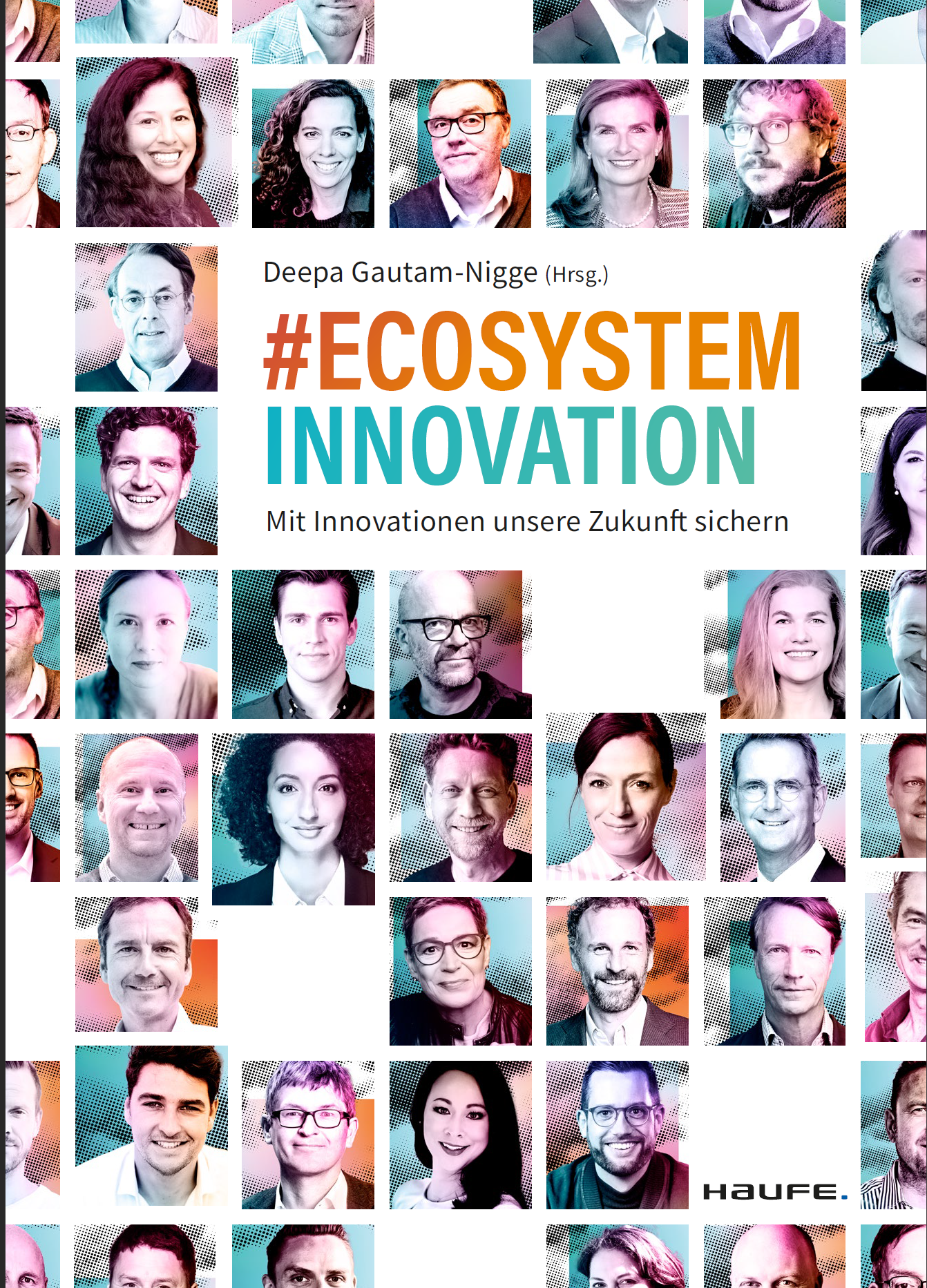Streamline Your Financial Due Diligence with artificial intelligence
This blog is in the Top 25 M&A blogs worldwide according to Feedspot
Streamlining financial due diligence with artificial intelligence (AI) is a transformative approach that enhances the efficiency, accuracy, and depth of the due diligence process. Financial due diligence is a critical phase in mergers and acquisitions (M&A), involving a comprehensive examination of a target company's financial health, risks, and opportunities. AI technologies can revolutionize this process by automating routine tasks, providing advanced analytics, and uncovering valuable insights. Here's how AI can streamline financial due diligence:
Automation of Routine Tasks
One of the primary advantages of AI in financial due diligence is the automation of routine and time-consuming tasks. AI-powered tools can quickly analyze vast amounts of financial data, such as balance sheets, income statements, and cash flow statements. This automation reduces the manual workload, allowing financial analysts and due diligence teams to focus on more complex and strategic aspects of the examination.
Data Extraction and Parsing
AI tools excel in data extraction and parsing, enabling them to extract relevant information from a variety of sources. Whether it's unstructured data from documents or structured data from financial reports, AI algorithms can efficiently extract and organize the data. This capability accelerates the information gathering process, making it faster and more accurate than traditional manual methods.
Predictive Analytics
AI algorithms can perform advanced predictive analytics to forecast future financial trends based on historical data. This is particularly valuable in assessing a target company's future performance, identifying potential risks, and estimating the synergies that may arise from the merger. Predictive analytics powered by AI provides a forward-looking perspective that enhances decision-making during the due diligence process.
Risk Identification and Mitigation
AI tools can analyze financial data to identify potential risks associated with a target company. These risks may include financial irregularities, compliance issues, or market-specific challenges. AI algorithms can quickly flag anomalies and patterns that might go unnoticed in manual reviews. This early identification allows acquirers to implement effective risk mitigation strategies before finalizing the deal.
Enhanced Fraud Detection:
Financial due diligence involves a keen focus on fraud detection. AI, through machine learning algorithms, can analyze financial transactions, detect irregularities, and highlight potential fraud indicators. This capability adds an extra layer of security and ensures that acquirers are well-informed about any financial misconduct or fraudulent activities within the target company.
Speed and Scalability
AI-driven financial due diligence significantly accelerates the pace of the process. With machines handling data analysis, due diligence teams can work at a much faster rate, enabling quicker decision-making and deal execution. This scalability is particularly advantageous when dealing with large datasets and complex financial structures.
Natural Language Processing (NLP) for Document Review
AI, especially through NLP, can streamline the review of legal and financial documents. NLP algorithms can read and understand the context of textual information, making document review more efficient and accurate. This technology ensures that important details are not overlooked, and relevant information is extracted with precision.
Continuous Monitoring
AI facilitates continuous monitoring of financial data post-transaction. This ongoing surveillance helps companies stay vigilant against emerging risks and adapt to changing market conditions. Continuous monitoring ensures that the acquirer is well-positioned to respond promptly to any shifts in the financial landscape of the merged entity.
In conclusion, leveraging AI in financial due diligence represents a paradigm shift in M&A processes. The automation of routine tasks, predictive analytics, risk identification, and continuous monitoring significantly enhance the efficiency and effectiveness of the due diligence process. As AI technologies continue to advance, their integration into financial due diligence becomes not just a strategic advantage but a necessity for organizations aiming to make informed and timely decisions in the dynamic landscape of mergers and acquisitions.









